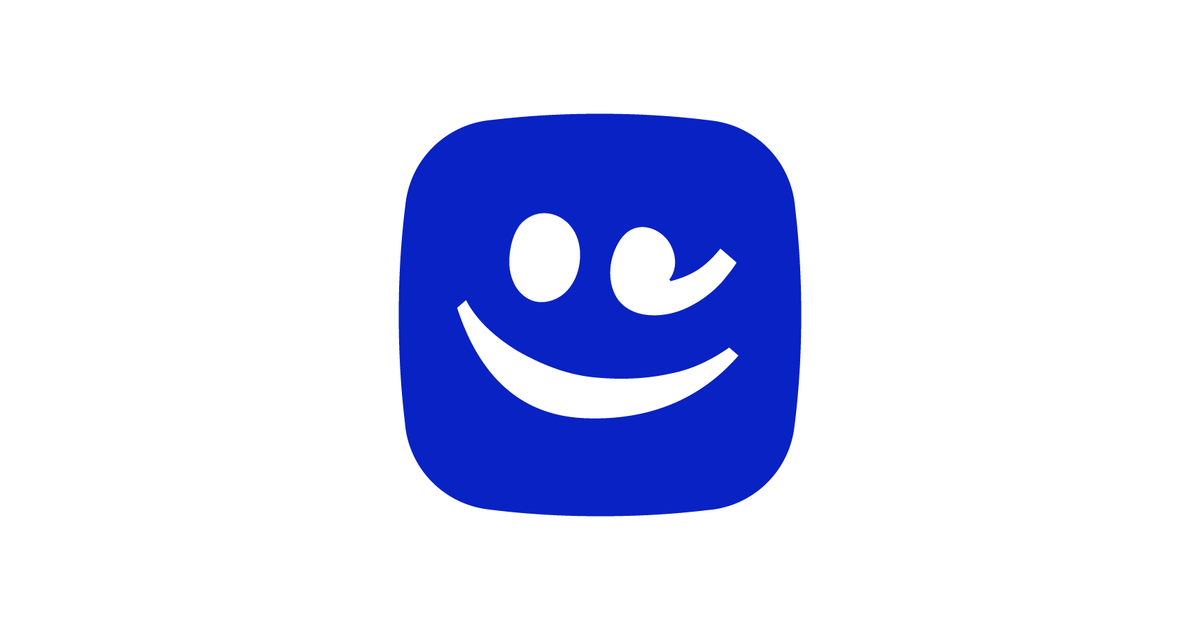
Zero code platforms are transforming how we build software. Imagine creating apps without writing a single line of code! These platforms empower anyone, from tech novices to seasoned developers, to craft functional applications quickly. Why are zero code platforms gaining popularity? They save time, reduce costs, and make app development accessible to everyone. Businesses can now innovate faster, responding to market demands with agility. Whether you're a small business owner or part of a large enterprise, zero code platforms can be a game-changer. Ready to learn more? Here are 20 fascinating facts about zero code platforms that will blow your mind!
What Are Zero Code Platforms?
Zero code platforms allow users to create applications without writing any code. These platforms use visual interfaces and drag-and-drop tools, making app development accessible to non-programmers.
-
User-Friendly Interfaces: Zero code platforms feature intuitive interfaces that simplify the app-building process. Users can drag and drop elements to design their applications.
-
Rapid Development: These platforms enable rapid development, allowing users to create functional apps in hours or days instead of weeks or months.
-
Cost-Effective: Using zero code platforms can significantly reduce development costs. Businesses save money by not needing to hire specialized developers.
-
Accessibility: Non-technical users can build apps, democratizing app development. This accessibility empowers more people to bring their ideas to life.
Popular Zero Code Platforms
Several zero code platforms have gained popularity due to their ease of use and powerful features. Here are some of the most well-known ones.
-
Bubble: Bubble is a versatile platform that allows users to build web applications with complex workflows and database interactions.
-
Appgyver: Appgyver offers a comprehensive suite of tools for building mobile and web apps, focusing on performance and scalability.
-
Adalo: Adalo specializes in mobile app development, providing users with a range of templates and components to create custom apps.
-
OutSystems: OutSystems is known for its enterprise-grade capabilities, enabling large organizations to develop robust applications quickly.
Benefits of Using Zero Code Platforms
Zero code platforms offer numerous benefits that make them an attractive option for businesses and individuals alike.
-
Faster Time-to-Market: Applications can be developed and launched much faster, giving businesses a competitive edge.
-
Flexibility: Users can easily make changes and updates to their applications without needing to rewrite code.
-
Collaboration: Teams can collaborate more effectively, as non-technical members can contribute to the development process.
-
Reduced Maintenance: These platforms often handle maintenance and updates, reducing the workload for users.
Limitations of Zero Code Platforms
While zero code platforms offer many advantages, they also have some limitations that users should be aware of.
-
Customization: There may be limitations in customization compared to traditional coding. Complex features might be harder to implement.
-
Scalability: Some zero code platforms may struggle with scalability, especially for very large or complex applications.
-
Performance: Performance can be an issue for resource-intensive applications, as zero code platforms may not be as optimized as custom-coded solutions.
Future of Zero Code Platforms
The future of zero code platforms looks promising, with continuous advancements and growing adoption.
-
AI Integration: Future platforms may integrate AI to further simplify app development, offering intelligent suggestions and automations.
-
Increased Adoption: More businesses and individuals are likely to adopt zero code platforms as they become more powerful and user-friendly.
-
Enhanced Features: Continuous improvements and new features will make these platforms even more capable, bridging the gap between zero code and traditional development.
-
Community Growth: The community of zero code users and developers will continue to grow, fostering collaboration and innovation.
-
Educational Resources: More educational resources and training programs will emerge, helping users to maximize the potential of zero code platforms.
The Future of Development
Zero code platforms are changing how we build software. They let anyone create apps without needing to know programming. This opens doors for businesses and individuals alike. With these tools, you can quickly turn ideas into reality.
Businesses save time and money by using zero code platforms. They don't need to hire expensive developers. Instead, they can focus on what they do best. Plus, these platforms are constantly improving. New features and updates make them even more powerful.
For individuals, zero code platforms offer a chance to innovate. You can create your own apps and solutions. This can lead to new opportunities and even new careers.
In short, zero code platforms are here to stay. They make development accessible to everyone. Whether you're a business or an individual, these tools can help you succeed.
Was this page helpful?
Our commitment to delivering trustworthy and engaging content is at the heart of what we do. Each fact on our site is contributed by real users like you, bringing a wealth of diverse insights and information. To ensure the highest standards of accuracy and reliability, our dedicated editors meticulously review each submission. This process guarantees that the facts we share are not only fascinating but also credible. Trust in our commitment to quality and authenticity as you explore and learn with us.


